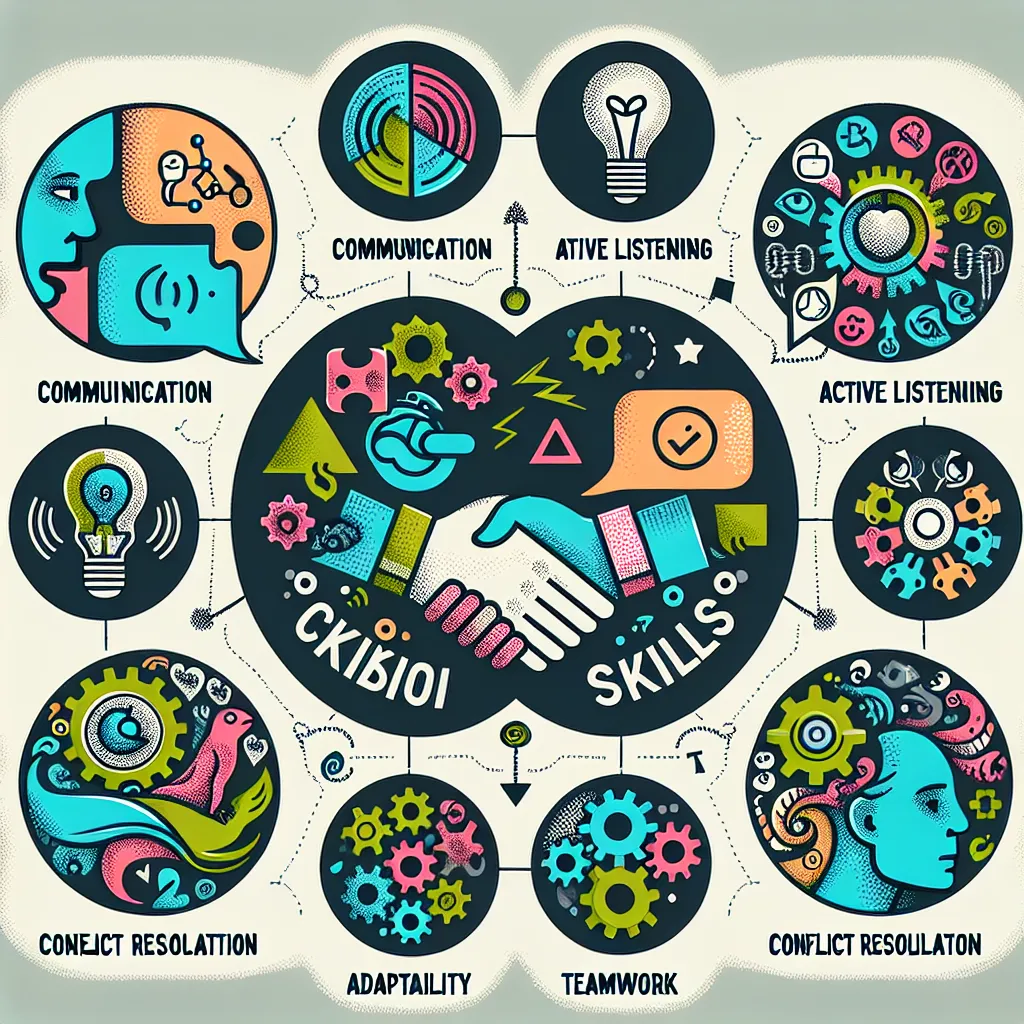In the competitive world of job hunting, facing rejection after an interview is a common experience. However, how you handle this setback can significantly impact your future career prospects and personal growth. This article will provide you with valuable insights and practical strategies to cope with interview rejection effectively and turn it into a stepping stone for future success.
Understanding Interview Rejection
Interview rejection is a natural part of the job search process. It doesn’t necessarily reflect your worth or abilities but can be due to various factors, many of which are beyond your control.
Why Rejection Happens
- Strong competition
- Misalignment with company culture
- Lack of specific skills or experience
- Budget constraints
- Internal candidates
Understanding these reasons can help you maintain perspective and approach rejection more objectively.
 Interview rejection concept
Interview rejection concept
Strategies for Handling Interview Rejection
1. Allow Yourself to Feel Disappointed
It’s normal to feel disappointed after a rejection. Give yourself time to process these emotions:
- Acknowledge your feelings
- Avoid self-blame
- Practice self-compassion
2. Seek Constructive Feedback
Requesting feedback can provide valuable insights for future interviews:
- Email the interviewer or HR representative
- Ask specific questions about areas for improvement
- Be gracious and professional in your request
Example email:
Dear [Interviewer’s Name],
Thank you for considering me for the [Position] role. While I’m disappointed not to be moving forward, I appreciate the opportunity to interview with [Company Name].
I’m committed to improving my interview skills. Would you be willing to provide specific feedback on areas where I could improve? Any insights would be greatly appreciated and help me in my future endeavors.
Thank you for your time and consideration.
Best regards,
[Your Name]
3. Reflect on the Interview
Self-reflection can help you identify areas for improvement:
- Review your responses to interview questions
- Assess your presentation and body language
- Consider any questions you struggled with
4. Learn and Improve
Use the rejection as a learning opportunity:
- Address skill gaps identified in the feedback
- Practice common interview questions
- Enhance your industry knowledge
5. Maintain a Positive Attitude
A positive mindset is crucial for moving forward:
- Focus on your strengths and achievements
- View rejection as a redirection, not a failure
- Stay motivated in your job search
 Positive attitude after rejection
Positive attitude after rejection
6. Keep Your Network Warm
Maintain professional relationships even after rejection:
- Send a thank-you note to the interviewer
- Connect on professional networking platforms
- Stay in touch for future opportunities
7. Continue Your Job Search
Don’t let rejection halt your progress:
- Refine your job search strategy
- Update your resume and cover letter
- Pursue other opportunities actively
Common Mistakes to Avoid After Rejection
- Burning bridges with the company
- Neglecting to ask for feedback
- Dwelling on the rejection for too long
- Giving up on your job search
- Badmouthing the company or interviewers
Follow-up Questions and Suggested Responses
-
Q: How soon should I continue applying after a rejection?
A: It’s best to continue your job search immediately. Treat each application as a fresh opportunity. -
Q: Is it appropriate to ask why I wasn’t selected?
A: Yes, it’s acceptable to politely ask for constructive feedback. Frame it as a desire to improve for future opportunities. -
Q: Should I reapply to the same company in the future?
A: If a suitable position opens up, you can reapply after a reasonable time (usually 6-12 months), especially if you’ve gained new skills or experience. -
Q: How can I stay motivated after multiple rejections?
A: Focus on self-improvement, set small achievable goals, and celebrate small wins in your job search process. -
Q: Is it okay to express disappointment in my thank-you note?
A: While it’s okay to briefly mention your disappointment, keep the overall tone positive and grateful for the opportunity.
Conclusion
Handling rejection after an interview is a crucial skill in your professional journey. By following these strategies, you can turn a setback into an opportunity for growth and improvement. Remember, every interview, regardless of the outcome, is a chance to learn and get closer to your ideal job. Stay positive, keep refining your skills, and persist in your job search. Your resilience and ability to learn from rejection will ultimately lead you to the right opportunity.




